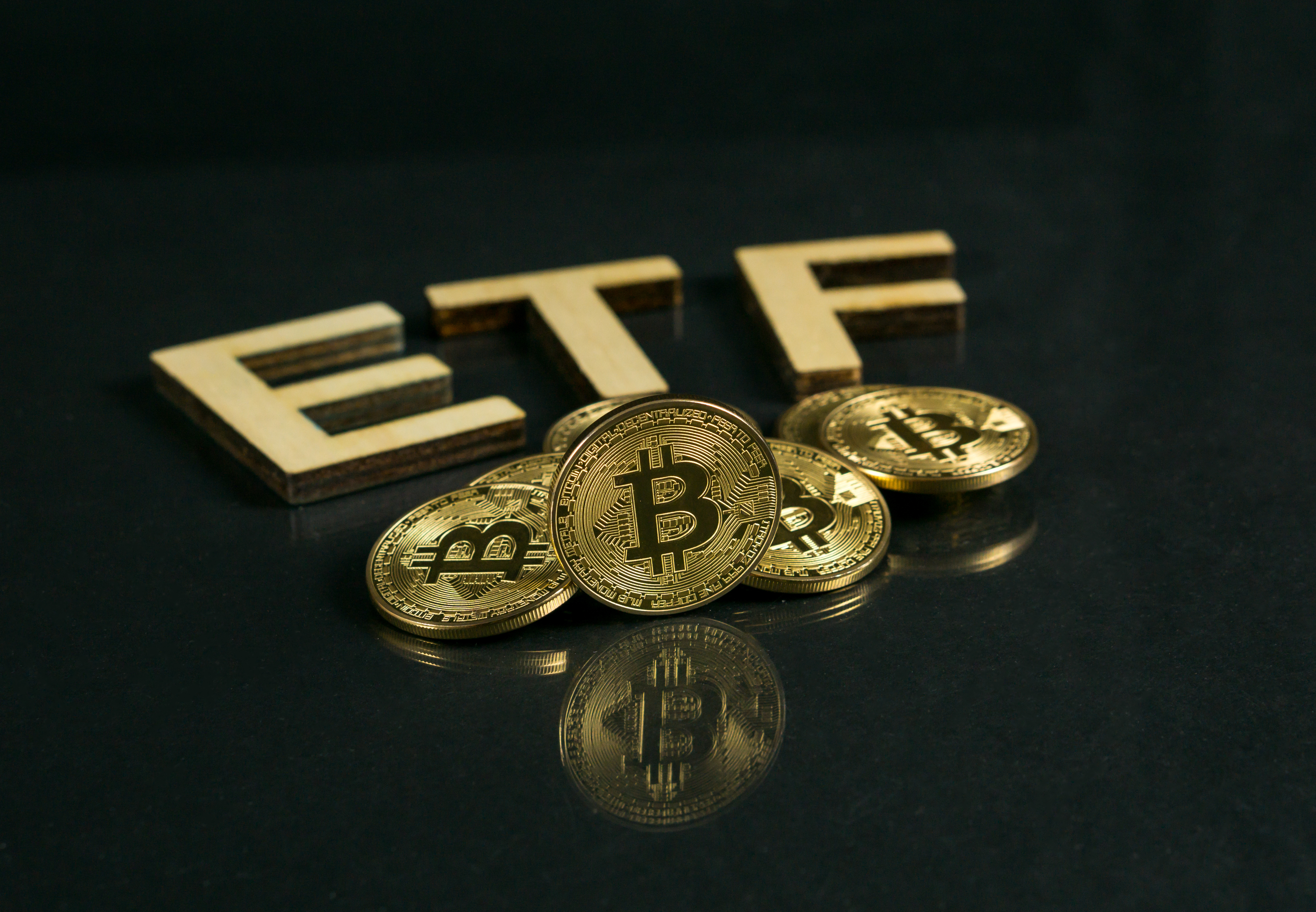Hong Kong Regulator Set to Allow Retail Investors Access to BTC, Ether ETFs

Hong Kong’s top securities regulator has suggested it will go ahead with plans to allow retail investors to access exchange-traded funds (ETFs) that track cryptoasset futures.
The Securities and Futures Commission (SFC) has already launched a “consultation paper” comprising proposed guidelines and rules for crypto ETFs. And, FT Chinese reported, Julia Leung, the SFC’s Deputy Chief Executive said the body was now “actively looking to set up a system to authorize ETFs that provide mainstream virtual assets with appropriate investor guardrails.”
She added that the new “system” would “provide investors with access to mainstream virtual assets with proper investor protection measures in place.” Leung added that the SFC will initially only allow retail investors to put funds into ETFs investing in bitcoin (BTC) and ethereum (ETH) futures. The regulator will also only allow ETFs that are traded on the Chicago Mercantile Exchange.
Leung was speaking at a fintech-related event in Hong Kong. Earlier this year, the regulator published a joint statement with the central bank, the Hong Kong Monetary Authority. The statement made reference to the notion of allowing retail investors access to a “limited suite” of crypto-related financial products.
The SFC executive added that “growing investor safeguards” meant that crypto ETFs had become less of a prohibitive risk for non-professional investors.
Hong Kong: Edging Toward Bitcoin and ETH ETFs
In an official document, the SFC noted that eligible ETFs would need to “have a good track record of regulatory compliance.” Managers, it added, would need to prove they had at least three years of experience managing ETFs or equivalent investment products.
And, the regulator added, managers will be “expected to carry out extensive investor education” before launching in Hong Kong.
Earlier this month, the head of the Chinese central bank said the entity was working with the Hong Kong Monetary Authority on cross-border digital yuan functionality.




